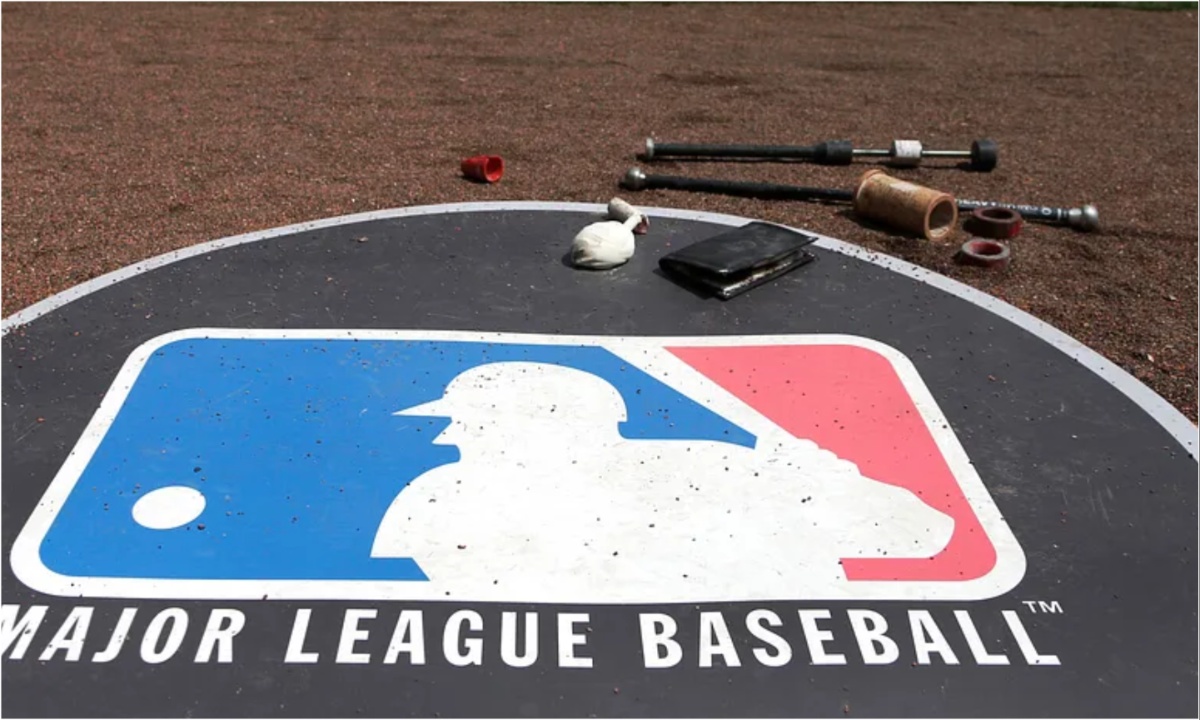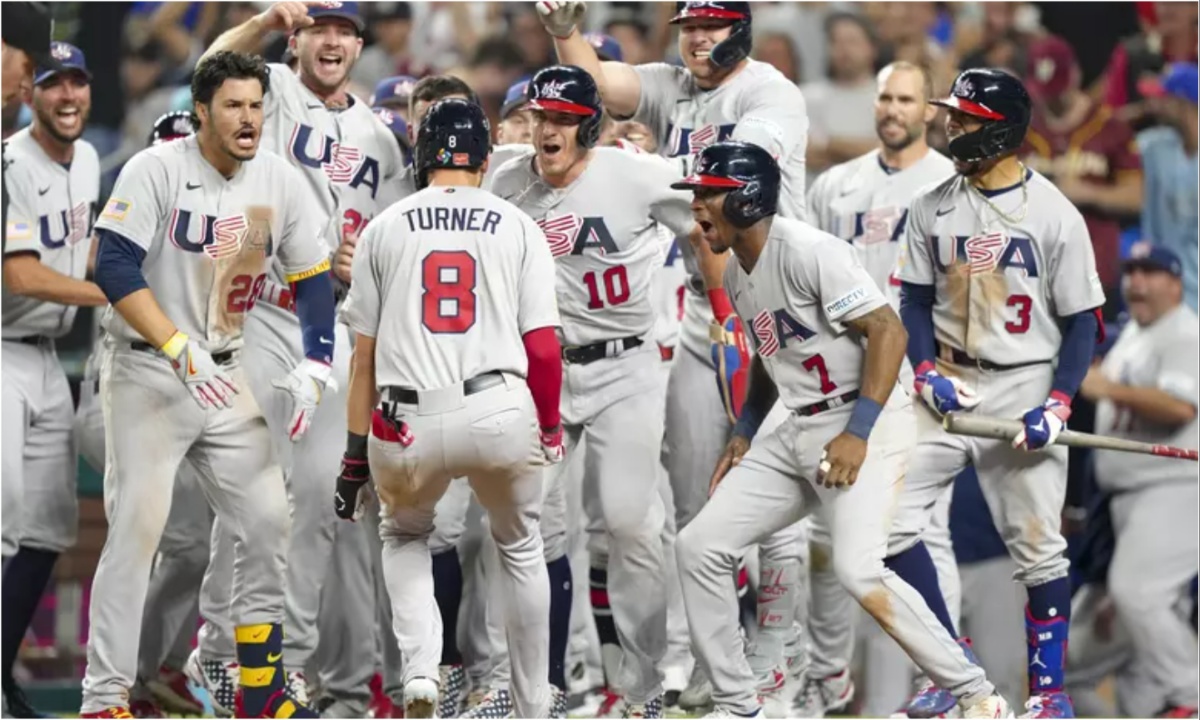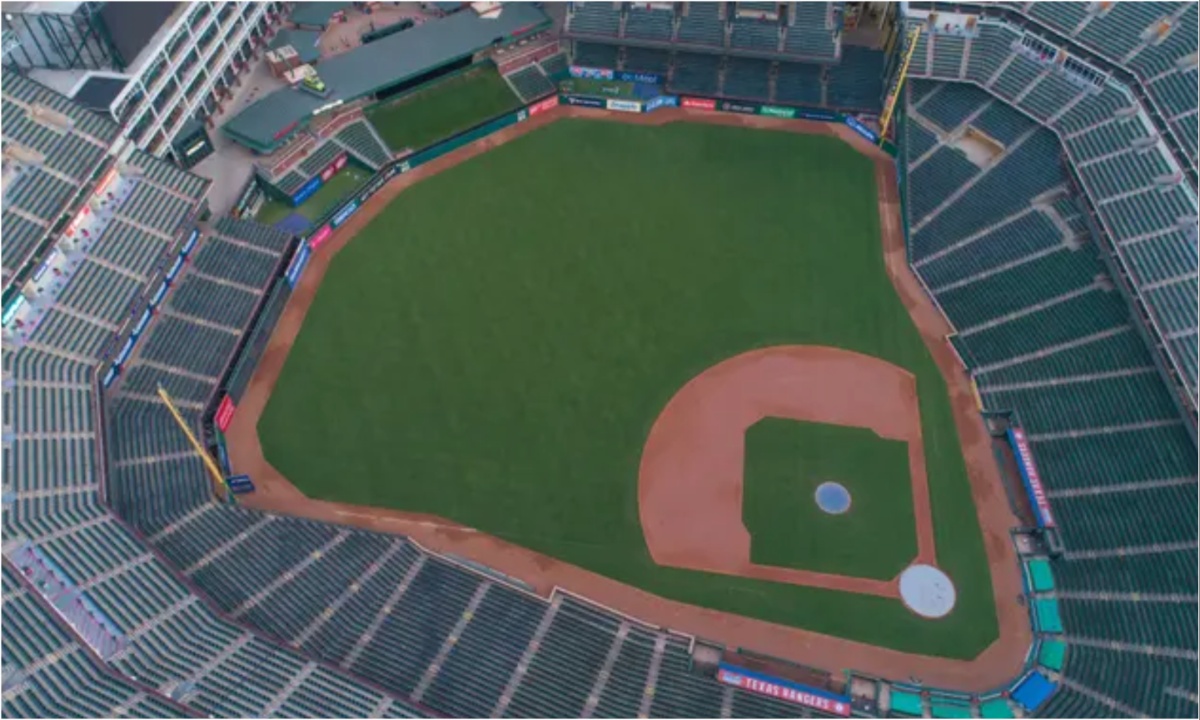Between 2022 and 2024, Major League Baseball (MLB) initiated the process of accepting bids for expansion teams and new ballpark proposals. This culminated in December 2024 when the MLB and the MLB Players Association (MLBPA) agreed on a new collective bargaining agreement, including specific rules for an expansion draft. By 2026, the league will include 28 teams divided into four divisions per league, rather than the previous three.
The cities selected for expansion were Portland, Charlotte, and Vancouver, marking a significant milestone in the league’s history. Detailed information about these expansions is outlined below:
| Team | City | Stadium | Owner(s) | Notes |
|---|---|---|---|---|
| Portland Pines | Portland, Oregon | Portland Diamond Ballpark | Craig Cheek, Clyde Drexler, Rasheed Wallace | Chosen over names like Lumberjacks and Beavers |
| Charlotte Crowns | Charlotte, North Carolina | LendingTree Field | David Tepper | Reflects Charlotte’s nickname “Queen City” |
| Vancouver Orange | Vancouver, British Columbia | Tim Horton’s Ballpark | Local Canadian Ownership Group | Newest Canadian MLB team |

Major Changes in Existing Teams
Texas Rangers Name Change
On November 28, 2024, the Texas Rangers announced a decision to rename the team. As of January 30, 2025, the team will officially become the Dallas Rangers, aligning their identity more closely with the city of Dallas.
Oakland Athletics Relocation
Facing the expiration of their stadium lease, the Oakland Athletics decided to relocate after the 2024 season. They chose Las Vegas, constructing a state-of-the-art stadium on the Las Vegas Strip in Paradise, Nevada. MGM Resorts International acquired naming rights, and the team will now be known as the Las Vegas Athletics.
Team Spotlight: Portland Pines
Efforts to bring an MLB team to Portland date back to 2017, spearheaded by the Portland Diamond Project group. Key figures include former Nike vice president Craig Cheek and NBA legends Clyde Drexler and Rasheed Wallace. The team’s name, “Portland Pines,” pays homage to the region’s lush forests, winning out over alternatives like Lumberjacks and Mavericks. Their home, Portland Diamond Ballpark, is also called Moda Field.
The Return of the Montreal Expos
The iconic Montreal Expos, last active in 2004 before relocating to Washington, D.C., as the Nationals, will return in 2026. The team will play at their refurbished former home, Olympic Stadium, in Montreal, Quebec. Updates include a modern baseball diamond and a rebranded logo and cap design. The Expos are part of the National League.
League Realignment
With the addition of four expansion teams, MLB restructured its divisions. Each league will now feature 28 teams, grouped into four divisions. Below is a realignment summary:
| Division | Team | City | Stadium | Capacity |
|---|---|---|---|---|
| AL Central | Chicago White Sox | Chicago, Illinois | Guaranteed Rate Field | 40,615 |
| Cleveland Guardians | Cleveland, Ohio | Progressive Field | 34,830 | |
| Detroit Tigers | Detroit, Michigan | Comerica Park | 41,083 | |
| Edmonton Energy | Edmonton, Alberta | RE/MAX Field | 9,200 | |
| Kansas City Royals | Kansas City, Missouri | Kauffman Stadium | 37,903 | |
| Minnesota Twins | Minneapolis, Minnesota | Target Field | 38,544 | |
| Oklahoma City Strikers | Oklahoma City, Oklahoma | Loves Travel Stadium | 20,000 | |
| AL East | Baltimore Orioles | Baltimore, Maryland | Oriole Park at Camden Yards | 45,971 |
| Boston Red Sox | Boston, Massachusetts | Fenway Park | 37,755 | |
| New Jersey Canaries | Newark, New Jersey | Prudential Field | 38,008 | |
| New York Yankees | New York City, New York | Yankee Stadium | 46,537 | |
| Ottawa Rockets | Ottawa, Ontario | Canadian Tire Ballpark | 29,505 | |
| Tampa Bay Rays | Saint Petersburg, Florida | Tropicana Field | 42,735 | |
| Toronto Blue Jays | Toronto, Ontario | Rogers Centre | 49,286 | |
| NL Central | Chicago Cubs | Chicago, Illinois | Wrigley Field | 41,649 |
| Cincinnati Reds | Cincinnati, Ohio | Great American Ball Park | 42,319 | |
| Indianapolis Cherokees | Indianapolis, Indiana | Victory Field | 12,230 | |
| Milwaukee Brewers | Milwaukee, Wisconsin | American Family Field | 41,900 | |
| Pittsburgh Pirates | Pittsburgh, Pennsylvania | PNC Park | 38,747 | |
| St. Louis Cardinals | St. Louis, Missouri | Busch Stadium | 45,494 | |
| Winnipeg Whales | Winnipeg, Manitoba | Canada Life Ballpark | 29,588 | |
| NL East | Atlanta Braves | Atlanta, Georgia | Truist Park | 41,084 |
| Charlotte Crowns | Charlotte, North Carolina | LendingTree Field | 34,000 | |
| Miami Marlins | Miami, Florida | LoanDepot Park | 36,742 | |
| Montreal Expos | Montreal, Quebec | Olympic Stadium | 49,757 | |
| New York Mets | New York City, New York | Citi Field | 41,922 | |
| Philadelphia Phillies | Philadelphia, Pennsylvania | Citizens Bank Park | 42,792 | |
| Washington Nationals | Washington, D.C. | Nationals Park | 41,339 |

Rule Changes and New Policies
Postseason Structure: The playoffs now feature two Wild Card games, offering additional opportunities for non-division winners to compete for the championship.
Wild Card Game 1: Best non-division winner hosts the second-best non-division winner.
Wild Card Game 2: Division winner with the worst record hosts the Game 1 winner.
Season Expansion: With the increase in teams, the regular season will expand from 162 games to 180 games. The breakdown is as follows:
18 games against each division opponent (64 games total).
6 games against every other team in the league (76 games total).
6 games against teams in one interleague division (36 games total).
4 games against a geographic interleague rival.
Designated Hitter Rule: The National League adopted the Designated Hitter (DH) rule, making it universal across both leagues.
Expansion Draft Rules: Key guidelines for the 2025 Expansion Draft include:
Teams can protect 15 players in the first round, adding three more in each subsequent round.
Players with no-trade clauses or 10-5 rights must be protected.
No team loses more than one player per round.
